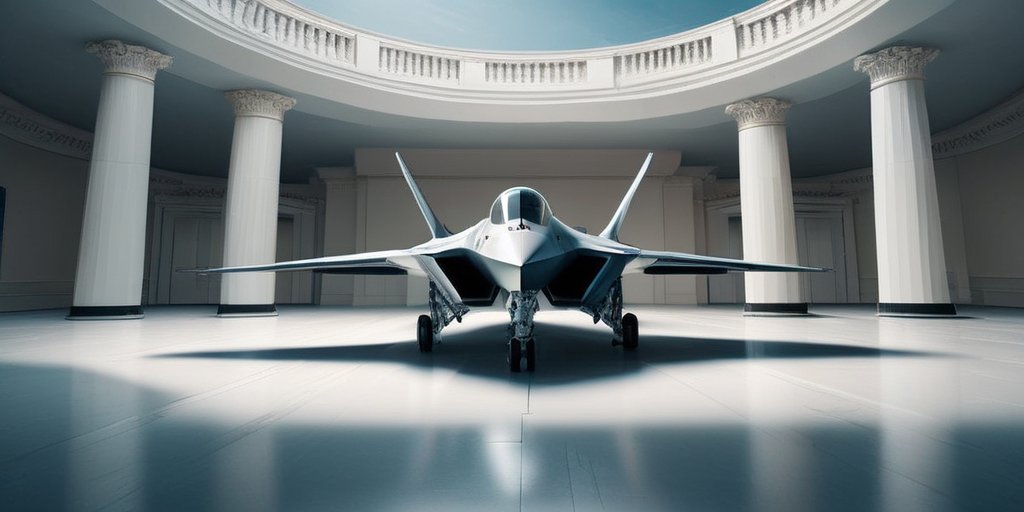In a landmark announcement at the White House, President Donald Trump officially awarded a multi-billion dollar contract to Boeing to develop the Next Generation Air Dominance aircraft, an advanced fighter jet designated the F-47. Trump described the F-47 as the “most lethal aircraft ever built,” emphasizing its potential to replace Lockheed Martin’s F-22 while integrating advanced capabilities alongside unmanned drones in combat scenarios. The detailed specifications of the aircraft, classified as a sixth-generation jet, remain under wraps but are said to boast state-of-the-art sensors, engines, and stealth technology.
Boeing has faced recent challenges, with sluggish sales and safety controversies impacting its business performance. However, this contract is expected to rejuvenate Boeing’s military division, aligning with the U.S. Air Force’s objectives for advanced warfare. The F-47’s announcement coincides with the phasing out of the F-22, and it highlights a strategic pivot within the U.S. military towards modernizing air combat capabilities and maximizing the synergy with robotic aircraft.
During the presentation, Trump highlighted the uniqueness of the F-47 design, boasting about its speed, maneuverability, and payload capabilities. He noted that a prototype of the F-47 has been operational in secret for the past five years, demonstrating its advanced technological edge. The choice of the number 47 for the aircraft was characterized by Trump as a “beautiful number,” given his dual tenure as the 45th and 47th President.
This Boeing deal also signals a significant loss for Lockheed Martin, as it faced elimination in a separate competition to produce a next-generation aircraft for the U.S. Navy. With competitive pressure from emerging European manufacturers, as well as ongoing trade tensions, Lockheed’s previously stable sales of the F-35 Joint Strike Fighter might be at risk. Policymakers in Canada and Portugal, among others, are reconsidering pending purchases of the F-35, which could further impact Lockheed’s global standing in military aircraft manufacturing.
In conjunction with this announcement, Elon Musk, a close ally of Trump, visited the Pentagon reportedly to discuss cost-saving measures related to military spending, further intertwining the influence and implications of private industry within governmental defense contracts. As countries look towards future military expenditures, the implications of Boeing’s new contract with Trump will resonate across international defense markets as nations evaluate their investment in next-gen aviation technology.
